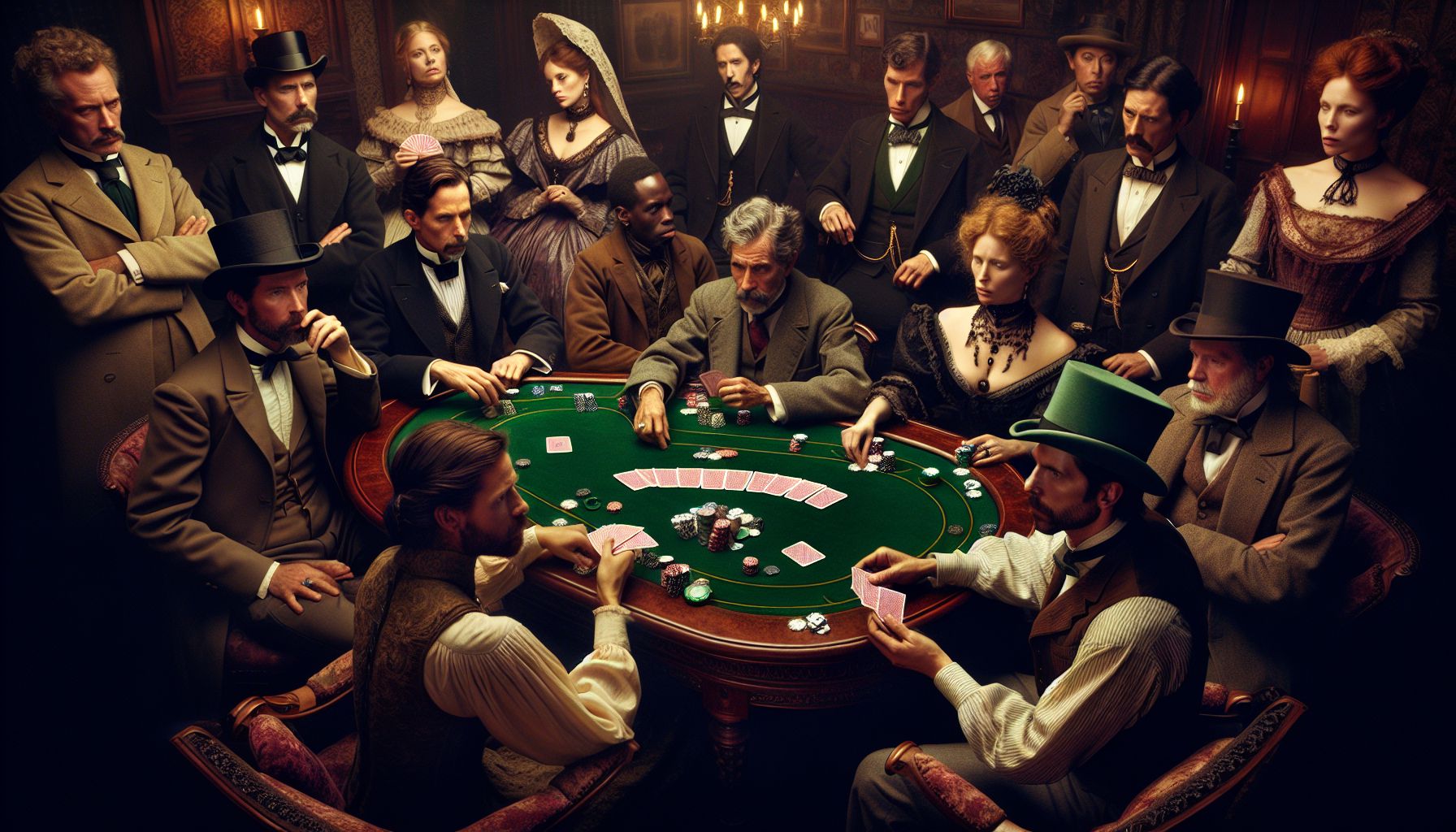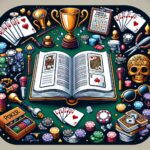Poker, a game that has fascinated players for centuries, is not just about luck and chance. It is a beautiful amalgamation of strategy, skill, and psychology. Whether you’re a seasoned pro or just getting started, poker offers an exciting and challenging experience that keeps players coming back for more.
Introduction
Step into any casino, and you’ll see a vibrant atmosphere filled with anticipation and excitement. The sound of shuffling cards and the clinking of chips create a symphony that captivates both beginners and experts alike. Poker, in particular, takes center stage. It’s a game that not only tests your ability to make quick decisions but also demands mental calculation, emotional intelligence, and a strong poker face.
The Art of the Game
At its core, poker is a game of strategy. It’s about understanding the odds, reading your opponents, and making calculated moves that give you an edge. Your hand might be stacked against you, but a skilled player knows how to turn the tables with a well-timed bluff or a carefully calculated bet.
But it’s not just about the cards you hold; it’s also about how you play them. Each decision you make sends a ripple effect throughout the game, influencing the actions of other players. Poker rewards the bold, and those who can analyze situations, adapt to changing dynamics, and keep their opponents guessing.
The Psychology of Poker
Beyond the mathematics, poker is a psychological battle. It’s about analyzing your opponents, deciphering their strategies, and staying one step ahead. A keen observer can pick up on subtle clues – a change in body language, a flicker of uncertainty – that can reveal the strength or weakness of a hand.
But it goes beyond the mere observation of physical cues. It’s also about understanding the psychological aspect of your opponents. Are they risk-takers or cautious players? Do they lean towards aggression or passivity? By reading their emotions and adjusting your own behavior accordingly, you gain a significant advantage in this intricate game of cat and mouse.
From Novice to Expert
Poker is a game that anyone can learn. While luck may play a part, it’s the honing of skills and experience that separate the novices from the experts. Start with the basics – familiarize yourself with the different hands, learn the rules, and practice online or with friends at home. As you gain confidence, delve deeper into the strategies, mathematical concepts, and advanced techniques that top players employ.
Remember, every player had to start somewhere, and the journey to becoming a skilled poker player is an ongoing process. Embrace the highs and lows, learn from your mistakes, and refine your skills over time. With dedication and perseverance, you can join the ranks of the poker elite.
Conclusion
Poker is more than just a card game; it’s an art form that demands strategy, skill, and psychological finesse. Whether you play for fun or aspire to compete at a professional level, poker constantly challenges players to push their limits and improve their abilities. So gather your chips, embrace the uncertainty, and embark on a journey into the captivating world of poker.



